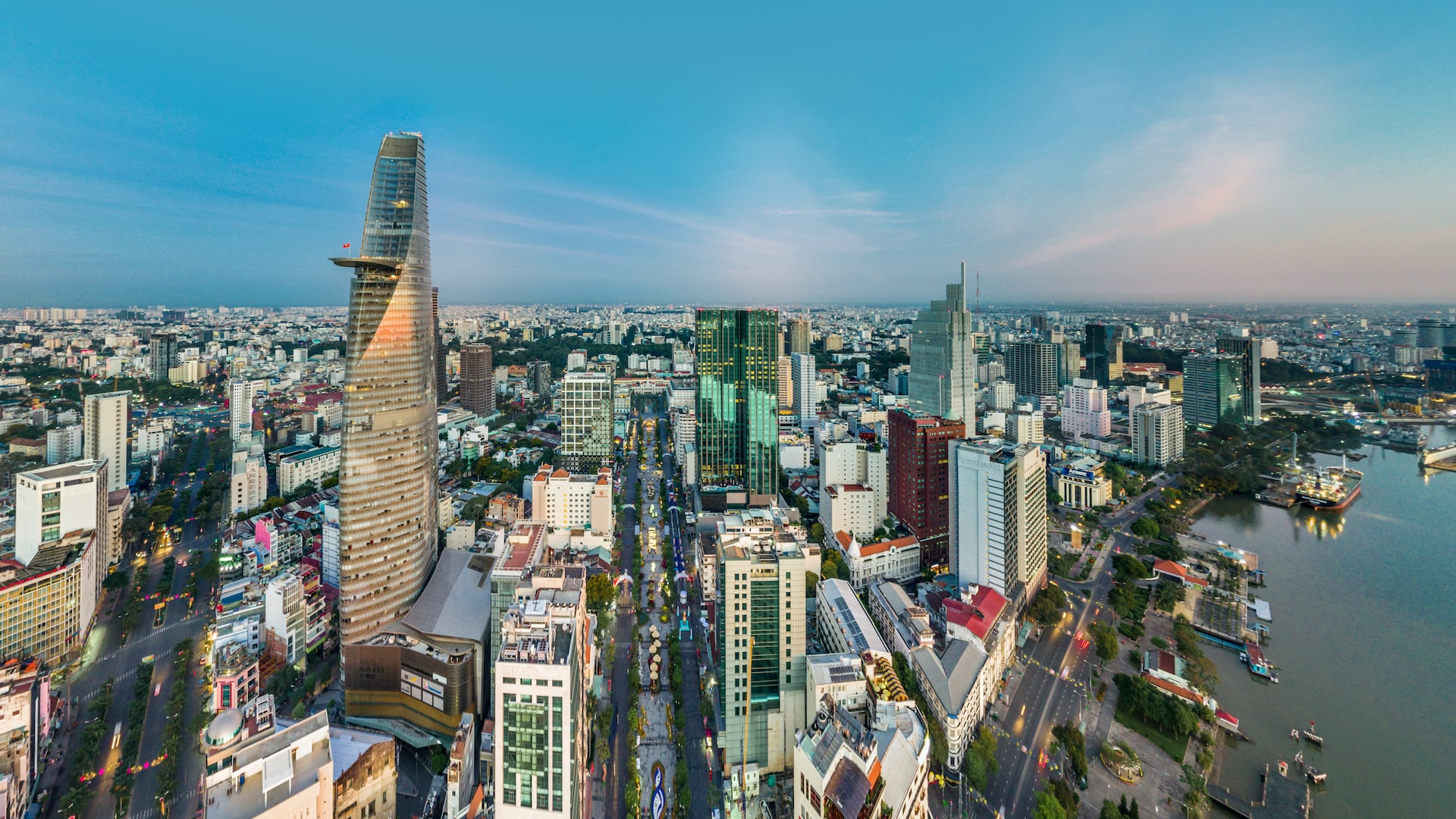Emotional Health in Challenging Times
For the majority, the Covid pandemic is a tricky road to navigate. It has devastated our society beyond any financial measures, taking many lives and putting us into a daily state of fear and anxiety.
It doesn’t matter how this is phased. This period of uncertainty we are all entering into will invariably result in rapid transformation for many homes, workplaces and communities.
As we start to emerge from this quarantine period, many of us are wondering will it ever be safe, will our lives ever return to normal and how will our schools, workplaces and communities operate in the ‘new normal’?
Dr Elke Van Hoof Professor of Health Psychology and Primary Care Psychology, Vrije Universiteit Brussels stated ‘Lockdown is the world’s biggest psychological experiment and we will pay the price’
With 2.6 billion people around the world are in some kind of lockdown. Business leaders, politicians and governments will need to take action now to mitigate the toxic effects of Covid-19 lockdowns.
The problem, is many nations still have unhealthy preconceptions of mental health or emotional wellbeing. Keyes & Hubbert describes ‘Wellbeing is more than the absence of illbeing, just as health is more than the absence of disease’
Despite, attempts to close the gap between physical and mental health. Conversations tackling many of the incorrect attitudes of mental health have been focused on reducing stigma. Perhaps, overlooking the importance of building sufficient emotional resilience across all our citizens.
Most of us still lack the necessary skills that we need to survive, or indeed revive in this fast paced and changing new environment. Never mind build sufficient emotional resilience and increase mental fitness.
A ‘must do’ to rebuild for any government, nation or community will be how we provide support to citizens and enable us to thrive in the new normal.
Why Is Mental Fitness Important?
Mental Fitness keeps your brain and emotional wellbeing in tip top shape. The willingness to adapt, alongside optimism is essential for navigating this pandemic successfully.
It is a long road to recovery, requiring the right type of emotional state. The first most important thing now is to prepare our leaders for a winning mindset and set examples across our nations. Maya Angelou once said, “When you know better, you do better.”
Mental Fitness, includes getting enough sleep, fuelling your brain with the right food, reducing stress and creating meaningful connections. All behaviours which improve our resilience for better mental health.
A tailored approach which allows for difference, including cultural nuances are essential for citizens to increase mental fitness. Standardised approaches or evidence based treatments usually adopted across mental health care, can overlook the importance of preventative mental health or mental fitness.

How Can I Improve My Mental Fitness?
Throw away what you’ve been told regarding timeframes – and get any preconceived ideas out of your head; this is a long road, requiring the right type of mental fitness.
Here are 7 simple steps to get started and improve your mental fitness;
- Stop Multi-tasking. Focusing on one task at a time will improve your concentration and help you to be more productive. You may think that multi-tasking enables you to get more things done, but it creates more problems.
- Get Enough Sleep. Being tired all the time will impact your productivity and concentration levels. It will also affect your moods. Equally too much sleep can also be a sign of depression. How much sleep is too much?
- Reduce Your Stress. Increase your awareness of stress. Identifying unhelpful behaviours and considering what has made you stressed will enable you to replace these behaviours with new ones. Try the Stress Time Exercise to increase your awareness.
- Improve Your Physical Health. Mental and physical health are interlinked. Food fuels the body and exercise keeps us active. Fresh air and light boosts our levels of vitamin D. A 30-minute walk daily in daylight can entirely change your mood and longer term reduce the risk of developing chronic illness, such as diabetes, cardiovascular disease and depression.
- Train Your Brain. Your brain health is just as important as your physical fitness. A key aspect of building emotional resilience is to challenge your intellect and memory. Read more and read widely. Taking time out to read, play games or even complete a puzzle, keeping your mind more active.
- Making Connections. We are created for connection. To build companionship, support and enrichment. People who have friends are generally physically and emotionally healthier and enjoy a better quality of life.
- Rest. Too much time relaxing can sometimes feel counterintuitive and being peaceful can be a challenge in chaos. One positive thing from this virus is, it has forced us all to slow down, to be more mindful. If you have not been using this time to be introspective, take up a new hobby and start to enjoy this restful leisure.
Well, one thing’s for sure – those who have trained themselves have at least a fighting chance. They know that without the gift of mental fitness and self-care. Life post lockdown could be even more difficult to enhance emotional resilience.
The one thing that a disciplined leader, with a firmly developed mindset doesn’t forget – is mental fitness requires a tailored approach of balance and self-discipline.
If you would like to learn from experts on health, nutrition, sleep, financial wellbeing, fitness and relationships. A comprehensive resource for individuals and communities beyond corona virus. Learn more here.
This article was authored by Marteka Swaby, Founder, Benevolent Health, United Kingdom



